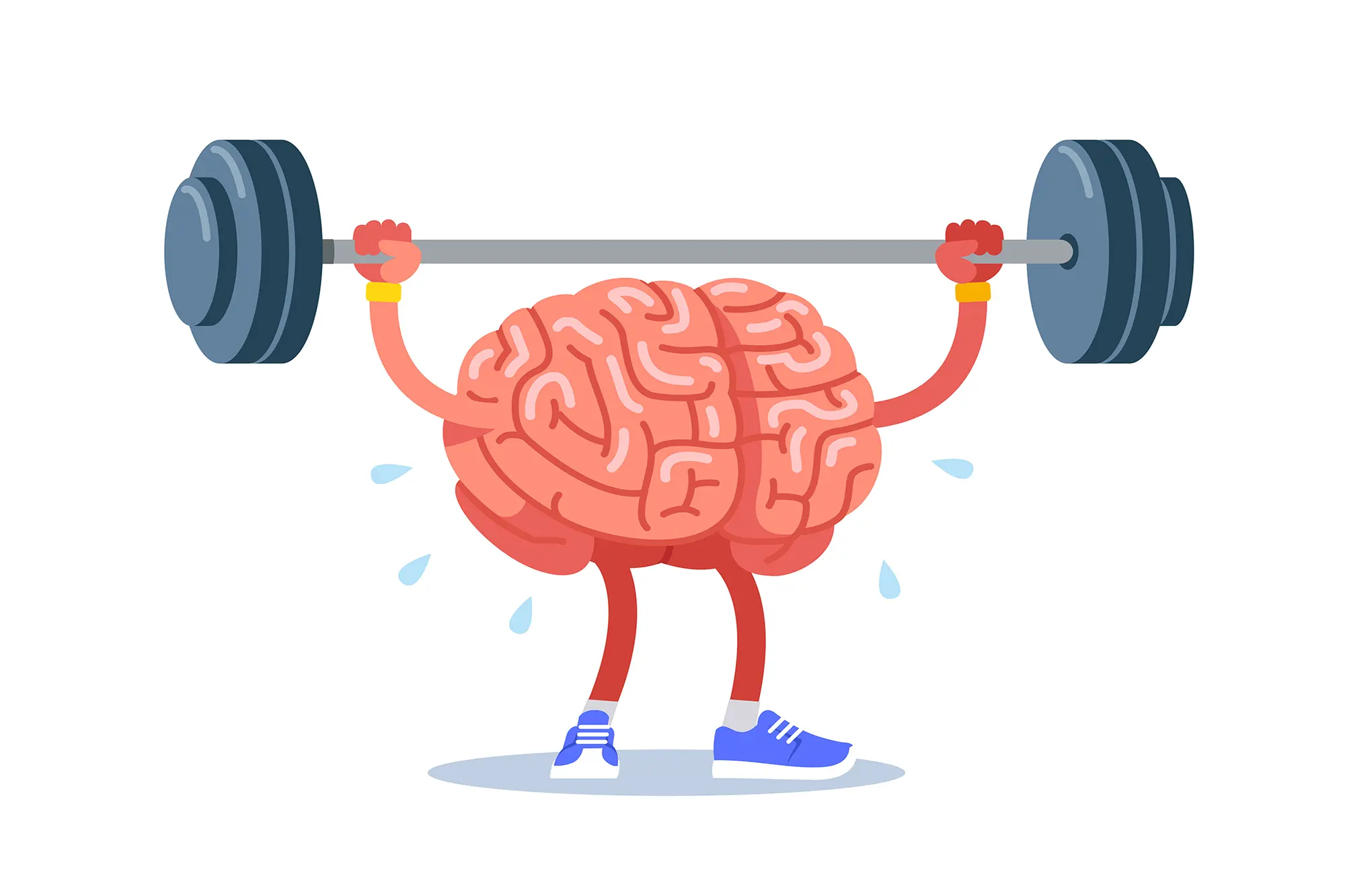While many of us are familiar with the physical advantages of exercising, such as weight management, enhanced energy, and lower blood pressure, we may overlook its mental benefits. That’s why we’re here to help! According to research, consistent physical activity can lower stress levels and alleviate mental health issues such as anxiety and depression, while also supporting mental health recovery. In this article, we will delve into some of the benefits of exercise on mental health.
Exercise is a crucial component of maintaining physical health, but it is often overlooked as an essential aspect of mental health as well. Regular exercise can significantly improve mental health by reducing stress, anxiety, and depression. We will discuss the numerous benefits of exercise on mental health and explore how incorporating physical activity into your daily routine can positively impact your mental well-being.
Reducing Stress and Anxiety
Stress and anxiety are common experiences that everyone encounters at some point in their lives. However, excessive stress and anxiety can have adverse effects on mental health and overall well-being. Regular exercise can help reduce stress and anxiety by increasing the production of endorphins, which are chemicals in the brain that act as natural painkillers and mood elevators. Exercise also helps reduce cortisol, the stress hormone, which can lead to a decrease in anxiety and stress levels.
Exercise Improves Depression
Depression is a severe mental health condition that affects millions of people worldwide. While exercise alone may not cure depression, it can help alleviate the symptoms associated with it. Exercise stimulates the production of serotonin, a neurotransmitter that plays a crucial role in regulating mood. Regular physical activity can also help improve self-esteem, which is often low in individuals experiencing depression.
Increasing Self-Esteem and Confidence
Physical activity can help improve self-esteem and confidence by providing a sense of accomplishment and mastery over the body. When you exercise regularly and see improvements in your physical abilities, it can boost your self-esteem and confidence. Additionally, regular exercise can help improve body image, leading to a more positive self-image and increased confidence.
Enhancing Cognitive Function
Exercise can also improve cognitive function by increasing blood flow to the brain, which provides the brain with the necessary oxygen and nutrients to function correctly. Regular exercise has been linked to improved memory, focus, and concentration, making it an effective way to enhance cognitive function and prevent age-related cognitive decline.
Exercise Boosts Energy Levels
Regular physical activity can help improve energy levels and reduce fatigue. Exercise increases the production of mitochondria, the powerhouse of the cells, which helps produce energy in the body. Additionally, exercise stimulates the production of adrenaline and other chemicals that increase energy levels, making it an effective way to combat fatigue and improve overall energy levels.
In conclusion, exercise is not just essential for physical health; it is also crucial for maintaining optimal mental health. Regular physical activity can help reduce stress and anxiety, improve depression, increase self-esteem and confidence, enhance cognitive function, and boost energy levels. Incorporating physical activity into your daily routine can positively impact your mental well-being and improve your overall quality of life.
So, get moving and start reaping the numerous benefits of exercise on mental health today!

1 thought on “Positive Effects of Exercise on Mental Health You Never Knew”